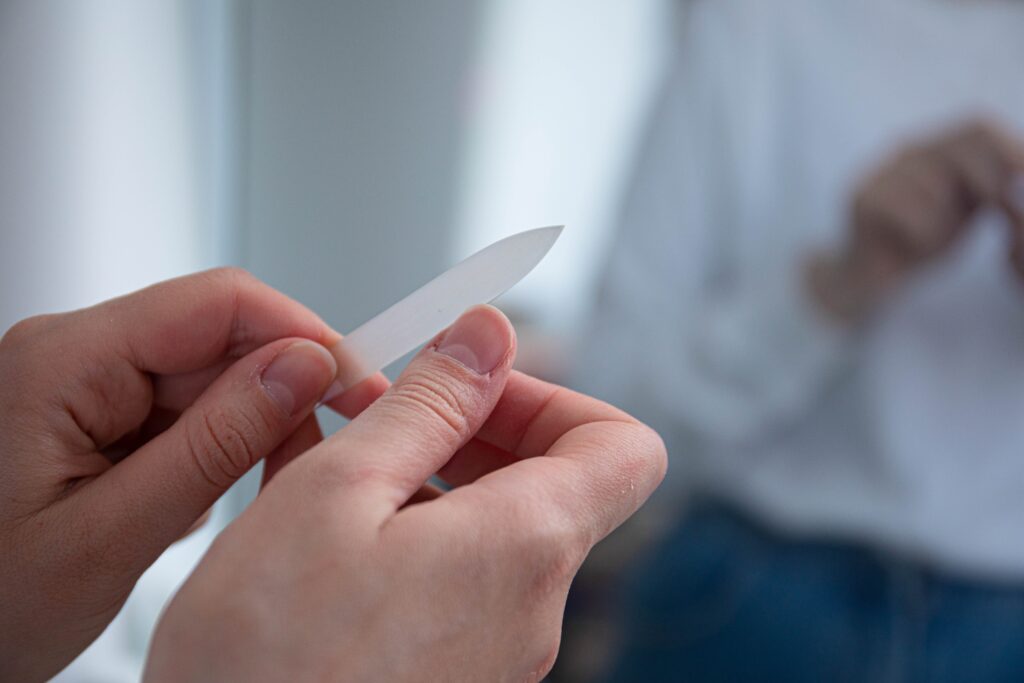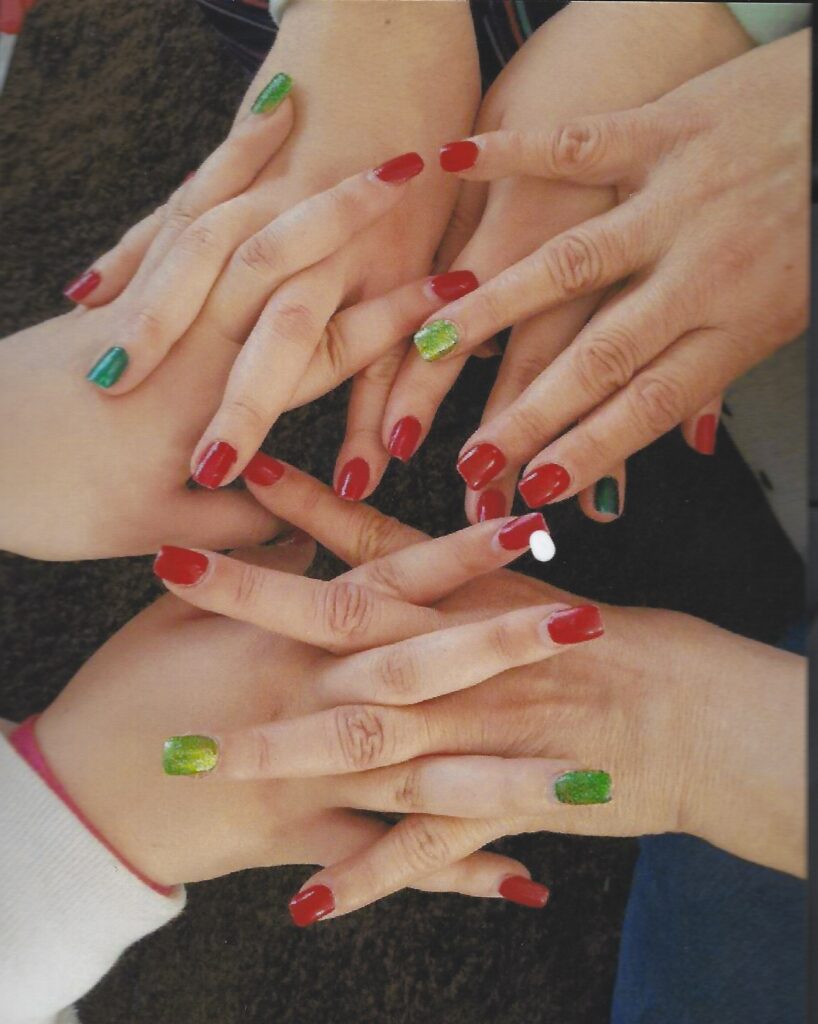What Causes Nail Biting And Why

Nail biting, also known as onychophagia, is a common habit among people of all ages. While it may seem like a harmless habit, nail biting can have negative effects on both physical and mental health. In this blog post, we’ll explore the causes of nail biting and some ways to stop this habit.
Stress and Anxiety
One of the most common causes of nail biting is stress and anxiety. People often turn to nail biting as a way to cope with stressful situations or to alleviate anxiety. Nail biting provides a temporary distraction and can help people feel more in control of their emotions. However, it can also become a habit that is hard to break.
Boredom
Another common cause of nail biting is boredom. People may start to bite their nails when they have nothing else to do. This habit can become a mindless activity that people do without even realizing it.
Perfectionism
People who are perfectionists may also be more prone to nail biting. They may bite their nails as a way to relieve tension when they feel like they haven’t done something perfectly. This habit can become a way of punishing themselves for not meeting their own high standards.
Genetics
Nail biting may also have a genetic component. Research has shown that nail biting can run in families. Children whose parents bite their nails are more likely to develop the habit themselves.

Strategies That May Help:
- Keep your nails trimmed short: Short nails are less tempting to bite than long nails.
- Wear gloves or use bitter-tasting nail polish: Covering your nails with gloves or applying a bitter-tasting nail polish can help break the habit.
- Identify triggers: Try to identify the situations that make you more likely to bite your nails. If stress is a trigger, find ways to manage stress, such as practicing relaxation techniques or engaging in physical activity.
- Replace the habit: Try to replace nail biting with a healthier habit, such as chewing gum or squeezing a stress ball.
- Seek professional help: If you’re struggling to stop nail biting on your own, consider seeking the help of a mental health professional. They can help you develop strategies to manage stress and anxiety and break the habit for good.
- Practice good nail care: Regularly taking care of your nails, such as cleaning and filing them, can help reduce the urge to bite them.
- Reward yourself: Celebrate your progress and reward yourself for not biting your nails. This can help reinforce the positive behavior and motivate you to continue.
- Involve others: Let your friends and family know that you’re trying to break the habit. They can help provide support and accountability.
- Be patient and persistent: Breaking a habit takes time and effort, so be patient with yourself and keep trying. Don’t give up if you slip up, just refocus and try again.
- Focus on the benefits: Remind yourself of the benefits of stopping nail biting, such as healthier nails and improved self-esteem.
Overall, nail biting can be a challenging habit to break, but with the right strategies and mindset, it is possible to overcome it. By identifying the underlying causes and implementing healthy habits, you can improve your physical and mental health and enjoy the benefits of strong, healthy nails.

